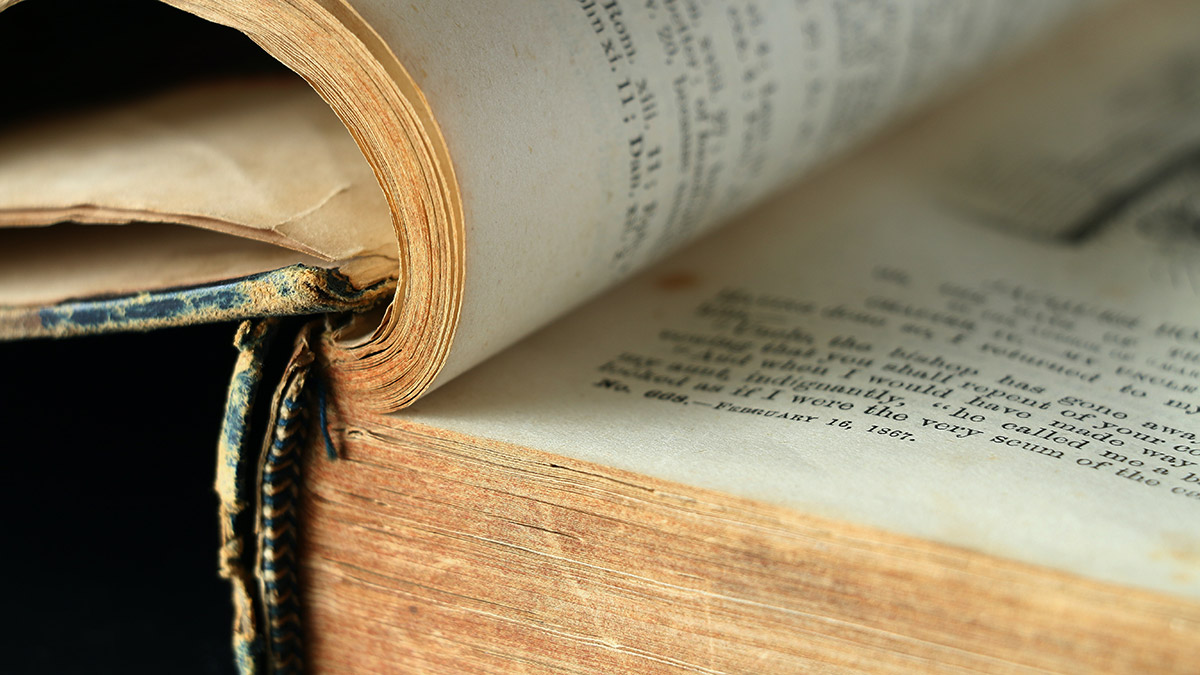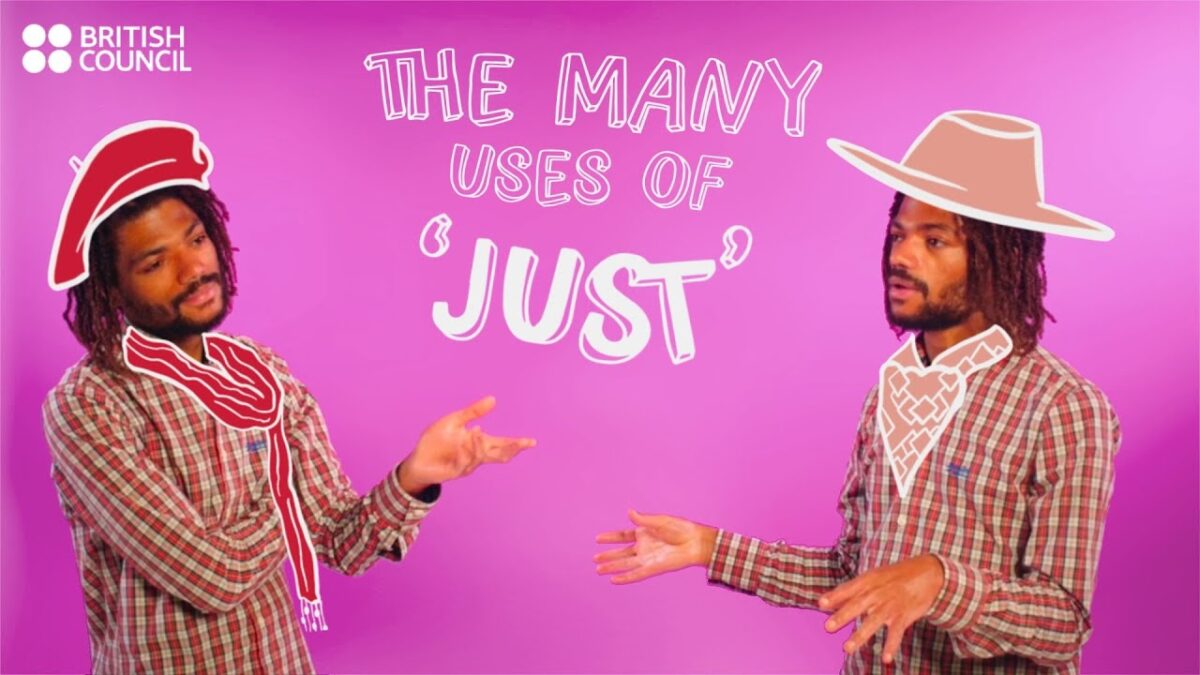Unlocking the Past: How Old English Words Can Energise Your Vocabulary

Imagine finding a treasure chest of words that can make your language sparkle. That’s exactly what we’re about to do! In this article, learn about the history of the English language and discover Old English words that you can use to enhance your vocabulary.
Understanding the history of Old English
Let’s travel back in time and uncover how English has evolved. We’ll explore this journey through three key time periods:
Old English (used between the years 450 – 1150)
The Anglo-Saxons came to Britain and started using Old English, which was also known as the Germanic language of England.
Old English had four different types of speech, called dialects:
- Mercian (used in central England)
- Northumbrian (used in the north of England and southeast Scotland)
- Kentish (used in southeast England)
- West Saxon (used in south and southwest England, this is what we see in most Old English writing)
Middle English (used between the years 1150 – 1475)
Middle English is the next chapter. This was developed in the latter stages of Old English and was heavily influenced by the French language after the Normans invaded Britain in 1066.
Modern English (used from 1475 onwards)
The printing press was introduced in 1475, this made it possible to print books and they were distributed throughout the country. As a result, more and more people began learning how to read and write.
Interestingly, a common set of rules for reading and writing started to take shape and this played a big role in shaping the English we use today.
How Old English has influenced modern English
Even though we don’t use Old English much now, it still has a big impact on how we speak today. About half the words we use today have been influenced by Old English words and the meanings have stayed the same. For instance:
- “Work” was “weorc”.
- “House” used to be “hus”.
- “Man” was “mann”.
- “Woman” used to be “wifmann”.
- “King” was “cyning”.
- “Queen” used to be “cwen”.
Words to describe nature and body parts have also been influenced by Old English:
- “Hill” was “hyll”.
- “Tree” was “treow”.
- “Water” was “wæter”.
- “Heart” was “heorte”.
- “Eye” was “eage”.
- “Ear” was “eare”.
7 Old English words to grow your vocabulary
Let’s dive into various Old English words that are still used today, add these words to your language toolkit to enhance your vocabulary.
-
Betwixt
This is another word for “between”.
Modern usage: You might find this word in poems or old stories.
Example: “The flowers grew betwixt the trees.” -
Hue
Hue is a way of describing a colour.
Modern usage: People who work with pictures or in graphic design will use this word.
Example: “The sky had a beautiful blue hue.” -
Unfriend
It means to remove someone as a friend.
Modern usage: You’ll see this word a lot on social media platforms like Facebook.
Example: “She decided to unfriend him on social media.” -
Besmirch
This means tarnishing or making something dirty.
Modern usage: This word would be used when talking about someone’s reputation.
Example: “Gossip has besmirched Sally’s reputation.” -
Sleight
“Sleight” means using your hands skillfully.
Modern usage: This word is often used a lot when describing magic tricks.
Example: “With sleight of hand, the magician pulled a rabbit from his hat.” -
Shrivelled
“Shrivelled” describes something wrinkled and dried up.
Modern usage: This is a very common word, you may hear it used in conversations regularly.
Example: “The old leaves were shrivelled from the sun.” -
Heir
An heir is someone who gets things from someone who passed them down.
Modern usage: This is also a common word, you’ll often hear about this when people talk about families or wills.
Example: “She became the heir of her grandmother’s necklace.”
The benefits of studying Old English
As well as being really interesting, studying Old English can help you in your own English language journey. It can help you to:
Better understand modern English
Learning Old English helps you see where certain words come from and how they’ve changed. It can also improve your vocabulary and language skills.
Enjoy Old English literature
Some of the most beautiful stories (like Shakespeare) are written in Old English, so when you understand them, you can truly enjoy these stories and learn why they’re important.
Grow your vocabulary with British Council English Online
English Online is a great way to improve your English vocabulary. Our expert teachers from the British Council really want to help you develop your English language and they’ll be with you every step of the way.
Whether you’re looking to enhance your writing, speaking, listening, or vocabulary skills, our courses can support you.
Explore our courses and begin your English learning journey today.




